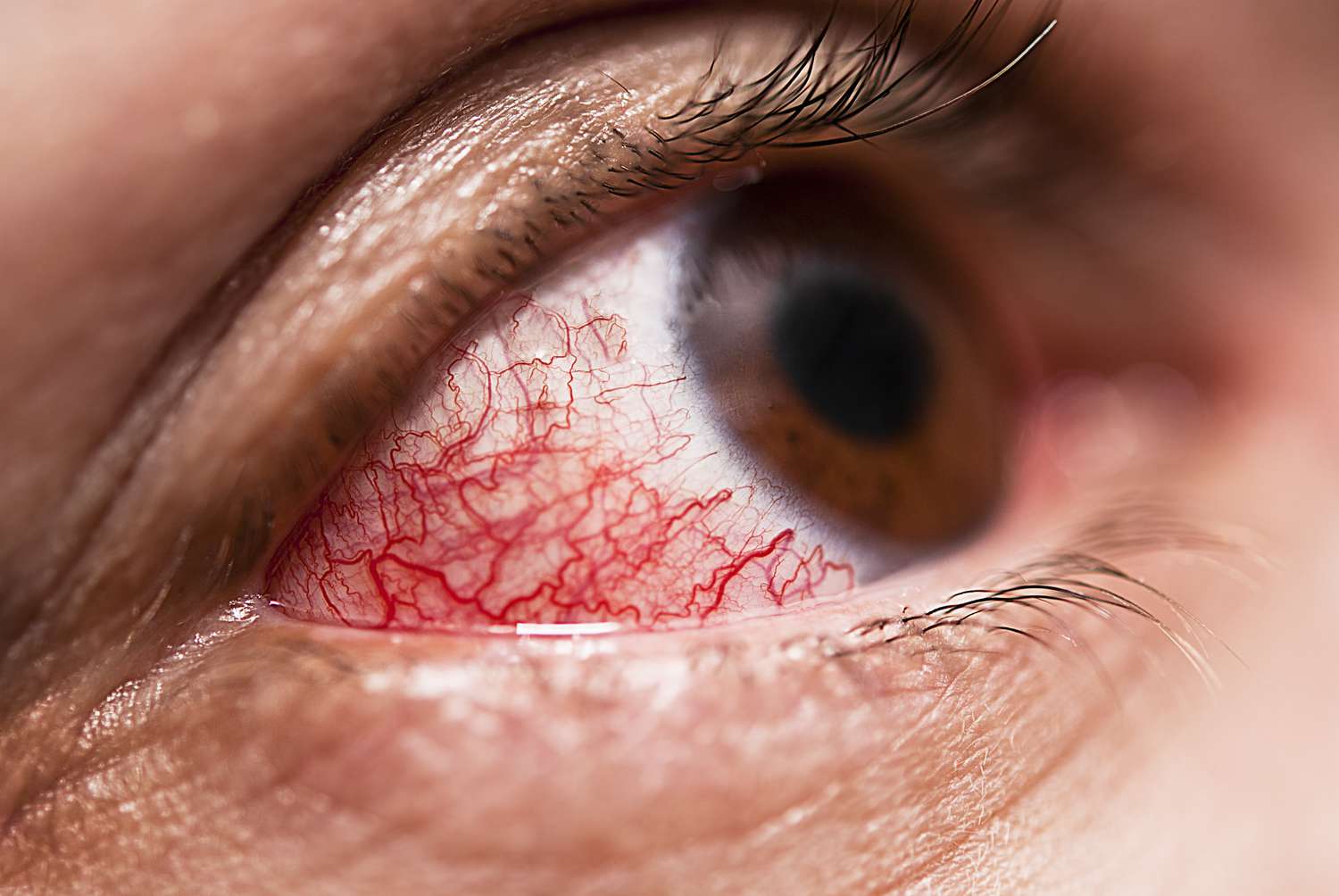
What is uveitis?
Uveitis is a term for a group of conditions that cause inflammation in the eye. It is most often caused by an autoimmune response, but it can be due to an infection.
Uveitis is the name given when the middle layer of the wall of your eye gets inflamed (red and sore). The middle layer is called the ‘uvea’. It is found under the white outside layer of the eye (called the ‘sclera’).
You can get different types of uveitis. These are:
- anterior uveitis – this affects the iris in the front of the eye
- intermediate uveitis – this affects the part of the eye between the iris and the lens
- posterior uveitis – this affects the retina and blood vessels at the back of the eye
- panuveitis – this involves all parts of the middle layer of the eye
What are the symptoms of uveitis?
Uveitis usually causes a red painful eye. Light can hurt your eyes. You might get blurred vision and see dark floating spots.
Uveitis can happen quickly or slowly. It can affect one or both eyes.
Sudden eye pain is serious. If this happens you should see a doctor as soon as possible.
What causes uveitis?
The cause of uveitis is often not clear. It can be caused by:
- autoimmune diseases such as juvenile inflammatory arthritis
- an eye injury
- toxins in the eye
- infection, for example, with herpes, toxoplasmosis or tuberculosis
How is uveitis diagnosed?
Uveitis needs to be treated by a doctor. Serious eye issues like glaucoma, cataracts and loss of vision can result if uveitis is not treated.
Your doctor or optometrist will do a full eye examination. If they think you may have uveitis, you might also need:
- blood tests
- test of the liquid of your eye
- photographs of the blood flow of your eye
- photographs of your retina
How is uveitis treated?
Treatment is usually medicine that works to reduce the redness in your eye. The type of medicine depends on the cause of your uveitis.
The medicine works to reduce the inflammation in your eye. This is often done by reducing your immune response.
Medicines might include:
- other medicines to dampen down your immune system
- corticosteroid eyedrops, pills or injection
- antibiotics or antiviral medicines
Can uveitis be prevented?
Uveitis can’t be prevented. But you can reduce the chance of your condition getting worse by using protective eye wear to prevent your eyes being injured.
What are the complications of uveitis?
Uveitis can cause complications. While most of these complications don’t occur very often, it is important to see your doctor or optometrist if you are worried about your eyes.



